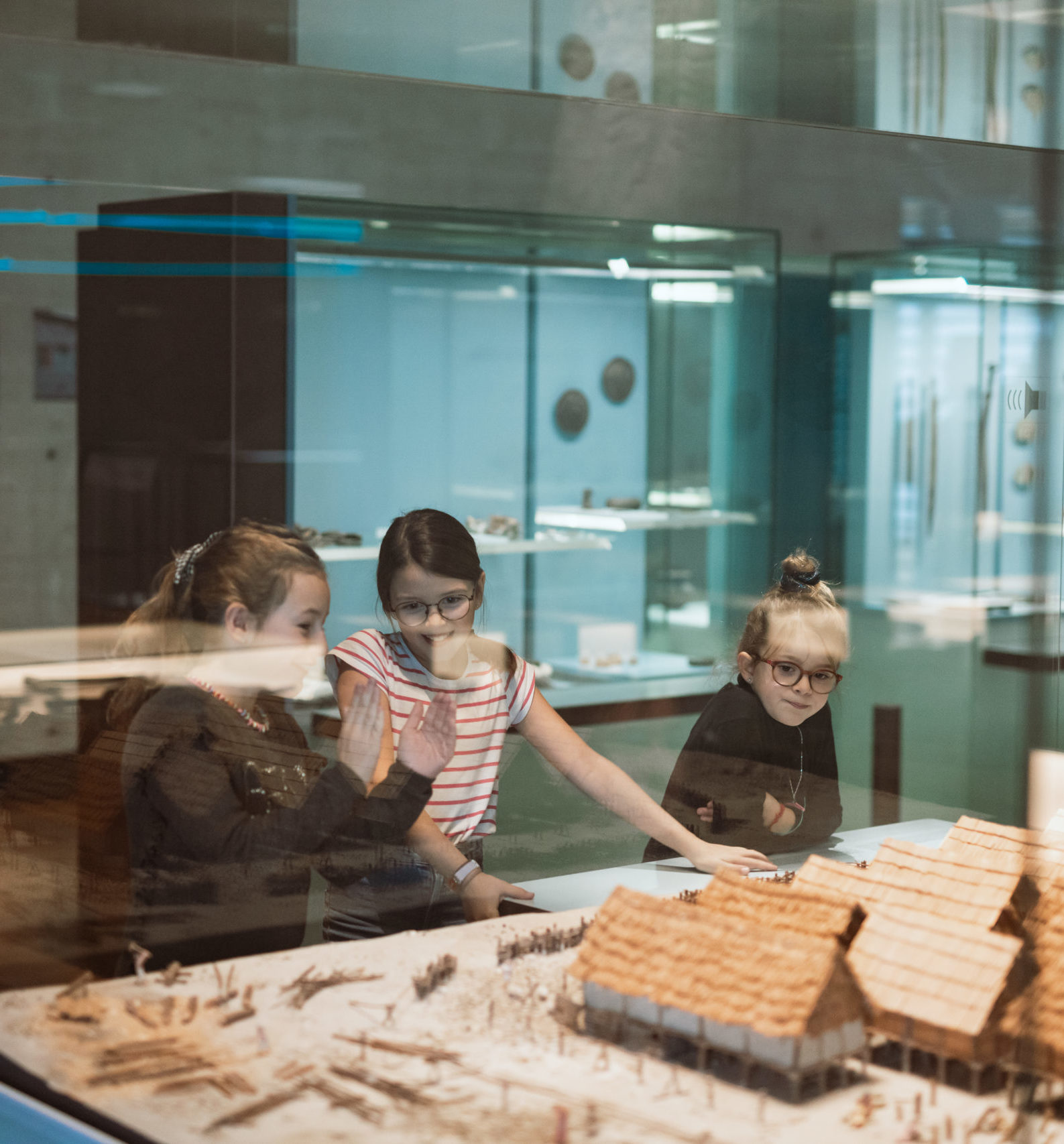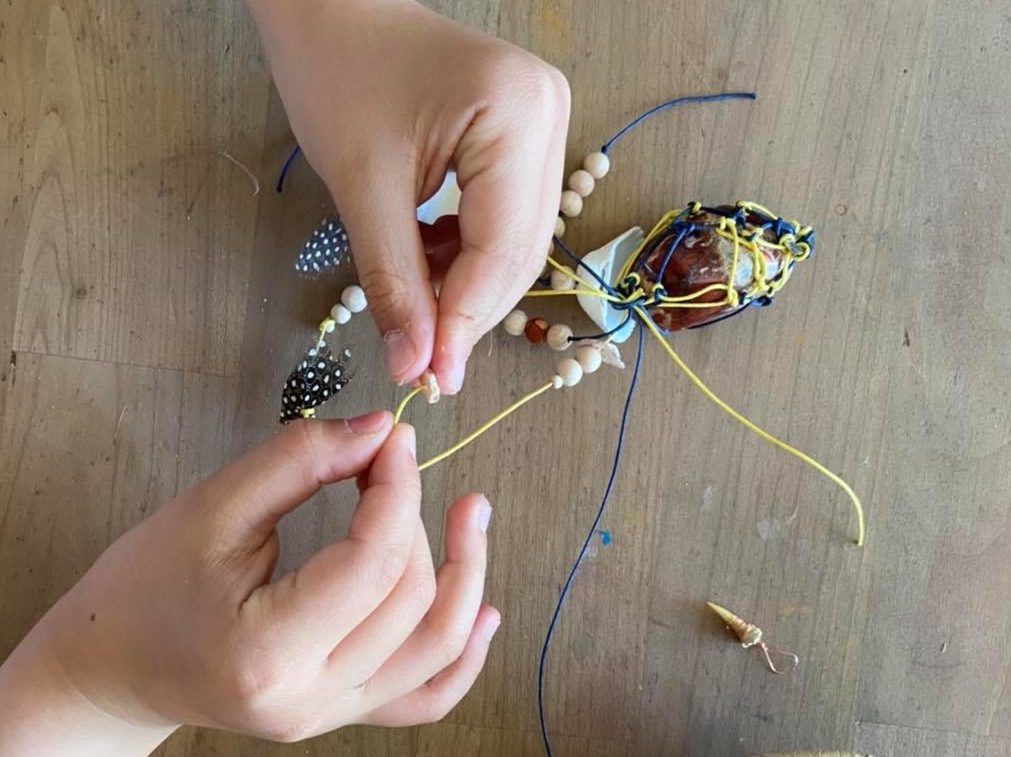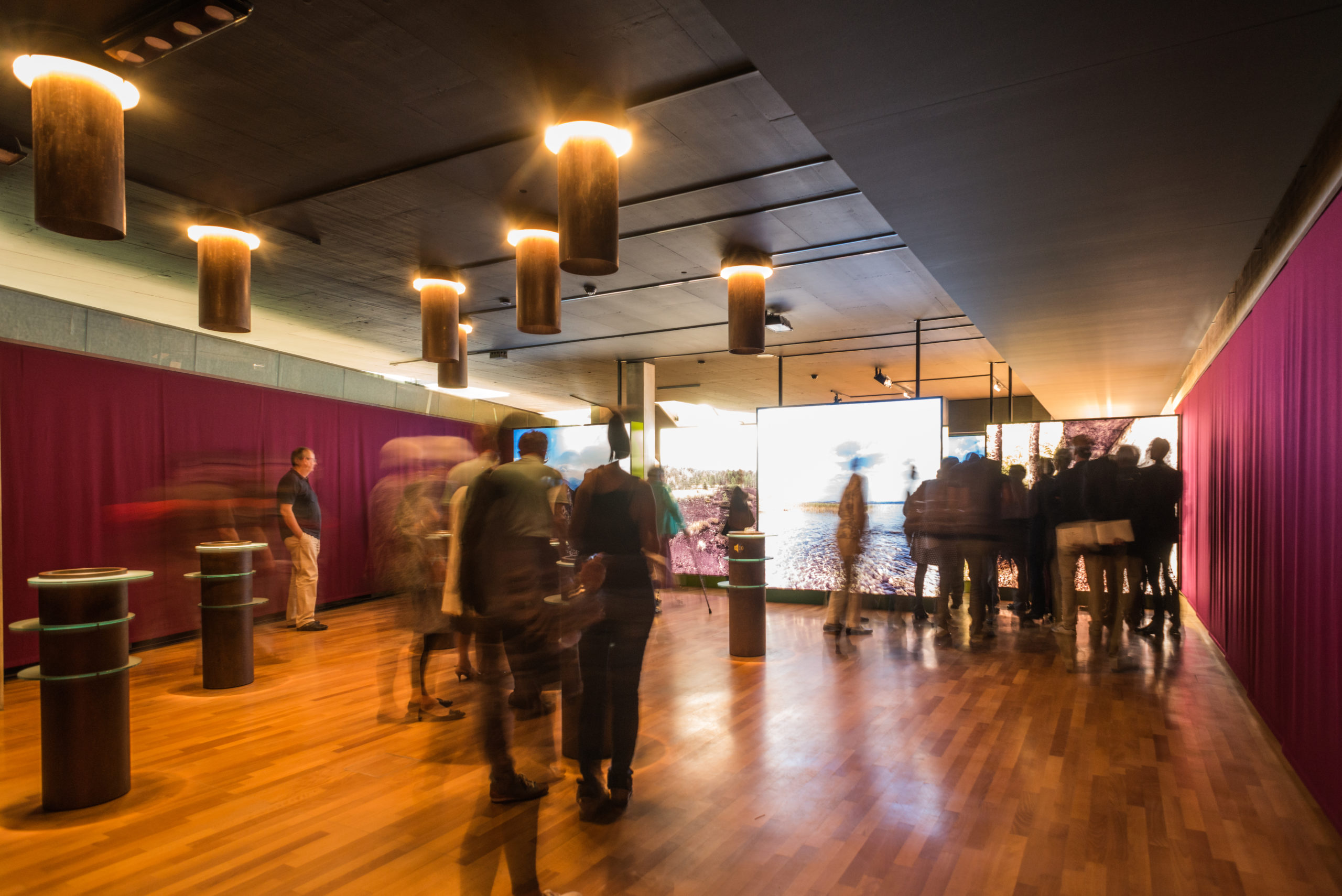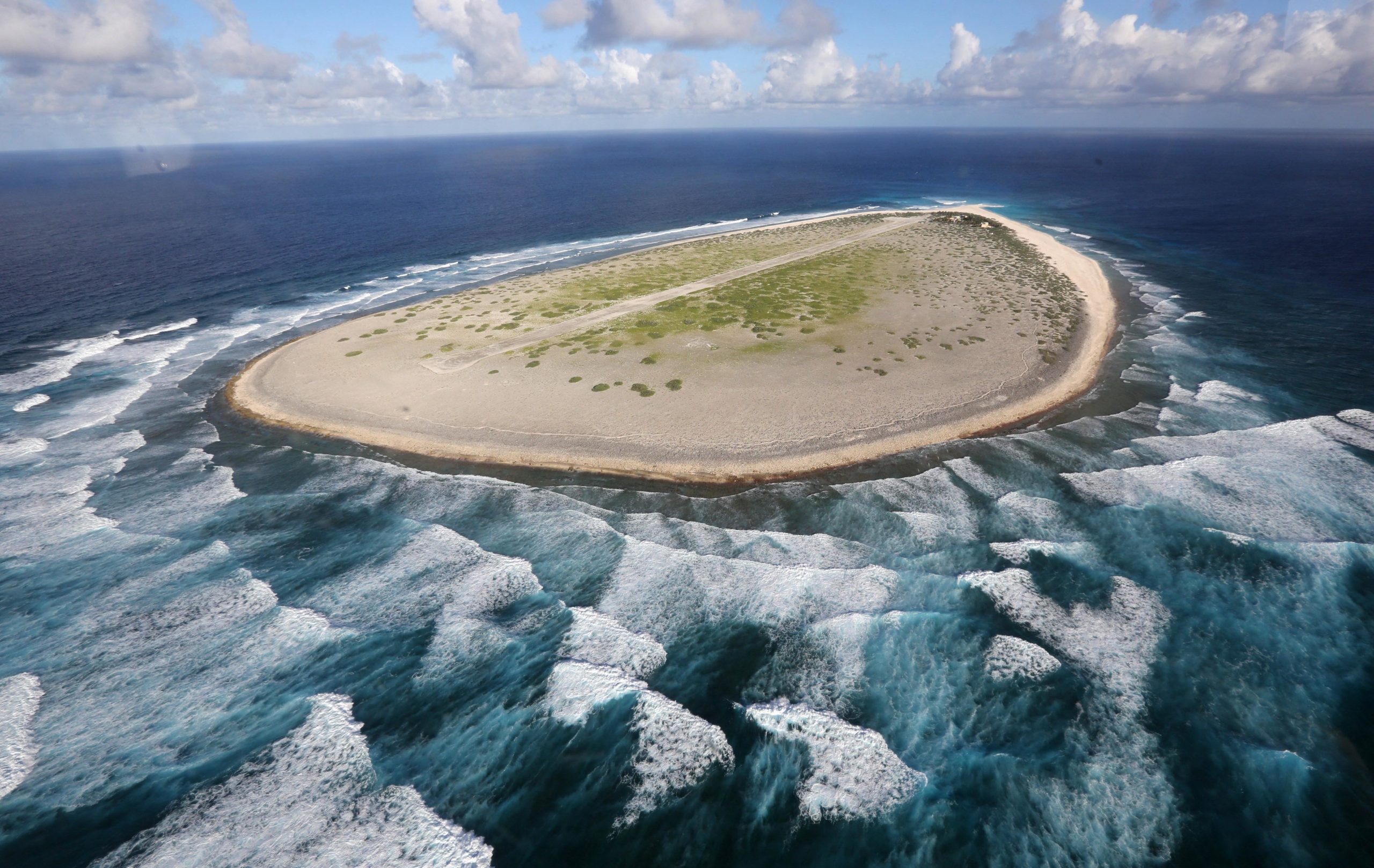The Latenium is closed
The Latenium is closed

The Laténium invites children of all ages to enter into a dialog with the past. Its cultural mediation team is composed mainly of archaeologists and archaeology students. This team tries to meet the specific expectations of each teacher, it adapts its programme to suit particular requests and it makes it possible to experience the past in a playful and educational manner.
Celebrate your child’s birthday at the Laténium! Celebrate this special day by discovering an aspect of archaeology together with your friends. Medallion, mosaic, clay or painting, choose a workshop, which will be organised by a guide. Then enjoy a birthday cake in the Café du Laténium, where a table will be reserved for you. Finally, the archaeological park will offer children spaces to have fun!


The Laténium is a surprising place to hold your staff outings. Combine the discovery of the museum with a working session, an aperitif or a meal.
From 04 October 2025 to 10 January 2027
La nouvelle exposition du Laténium plonge au cœur de l’esclavage colonial, au 18e siècle, et raconte une aventure terrible d’abandon et de survie au milieu de l’Océan indien. Contre la faim, la soif et les ravages des cyclones tropicaux, la force de vie, la solidarité et l’innovation technique ont fait échec à la déshumanisation du système esclavagiste. L’île de Sable montre que face aux silences des récits historiques, l’archéologie redonne une voix aux victimes de la traite négrière.
| Time : | From 10:00 to 17:00 |
|---|
